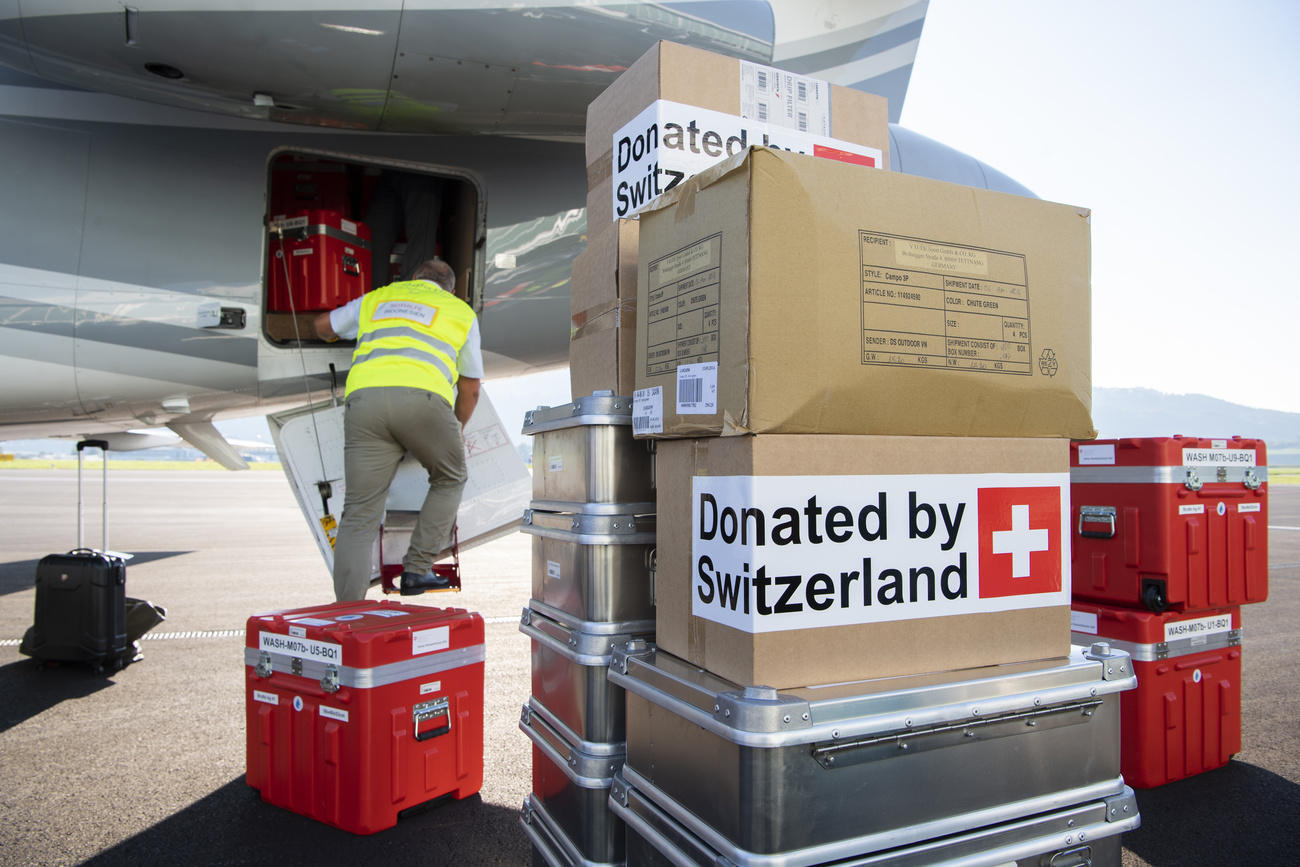
New Swiss aid budget proposes more funds but for fewer countries

The Swiss government wants to set aside CHF11.25 billion ($11.43 billion) in development aid for the 2021-2024 period.
The governing Federal Council adopted its Strategy for International Cooperation on Wednesday after opening it up for public consultation. It will still have to be approved by parliament. The amount proposed is CHF140 million more than the current aid budget and will cost Swiss taxpayers less than one Swiss franc (CHF0.80) per inhabitant per day. It is expected to amount to 0.46% of Gross National Income over the four-year period, less than the 0.5% target set by the parliament in 2011.
While it intends to be more generous, the government also wants aid distribution to be more efficient following criticism of wasteful expense by the right-wing Swiss People’s Party.
The number of beneficiary countries will be reduced from 46 to 35. The losers of this new phase out strategy are Bolivia, Haiti, Honduras, Cuba, Nicaragua, Swaziland, Lesotho, Malawi, Mongolia, Pakistan and Azerbaijan. Priority will be given to four main zones: North Africa and the Middle East, Sub-Saharan Africa, Asia (Central, South and South-East), and Eastern Europe.
Of the CHF11.252 billion proposed for the years 2021 to 2024, CHF 6.638 billion is earmarked for bilateral and multilateral development cooperation. Of the rest, CHF2.145 billion is to go to humanitarian aid, CHF1.186 billion to economic development cooperation and CHF1.025 billion to cooperation with Eastern Europe.
In addition, a framework credit for peace and human security to the amount of CHF258 million will be provided.

More
Political hurdles risk undermining Swiss aid groups

In compliance with the JTI standards
More: SWI swissinfo.ch certified by the Journalism Trust Initiative




























You can find an overview of ongoing debates with our journalists here . Please join us!
If you want to start a conversation about a topic raised in this article or want to report factual errors, email us at english@swissinfo.ch.